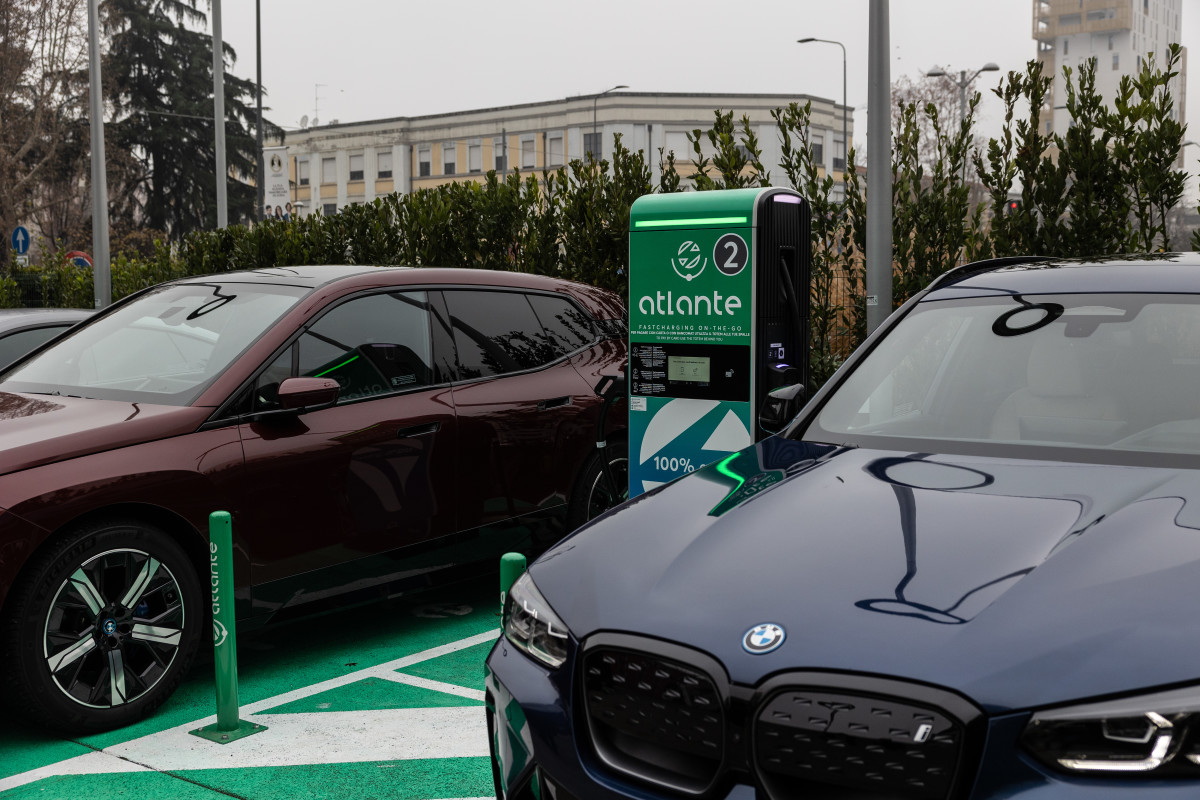
The electric vehicle sector has faced some significant financial distress, bankruptcies, and liquidations in 2024.
Electric vehicle startup Fisker Group on June 17 filed for Chapter 11 bankruptcy, citing various market and macroeconomic headwinds, and shut down all operations.
💸💰 Don't miss the move: Subscribe to TheStreet's free daily newsletter 💰💸
Fisker had begun deliveries of its Ocean battery-electric crossover SUV in 2023 to compete with Tesla, but by February 2024 the vehicles and the company began having various problems.
Related: Popular furniture chain closes stores in Chapter 11 bankruptcy
In its fourth-quarter earnings report on Feb. 29, 2024, Fisker said it didn't have enough capital to survive the next 12 months in business.
After filing Chapter 11, the company funded its liquidation and wind-down from $46.5 million in proceeds from the sale of its fleet of 3,300 vehicles to American Lease. The company's Chapter 11 plan of liquidation was approved by court order on Oct. 16 and was effective on Oct. 17.
And now, another important manufacturer in the EV industry has filed for Chapter 11 protection facing severe economic hardship.

EV Battery maker Northvolt files for Chapter 11 bankruptcy
Northvolt AB, which makes electric vehicle batteries for several carmakers, including BMW, Audi, Porsche, Volvo, Polestar, and Swedish truck maker Scania, and eight affiliates filed for Chapter 11 bankruptcy protection on Nov. 21 seeking a going-concern recapitalization or sale of its assets as it faces an acute liquidity crisis.
Related: Major airline handing company to lenders in Chapter 11 bankruptcy
The company launched in Stockholm, Sweden, as SGF Energy in 2016 with plans to build a European battery gigafactory and changed its name to Northvolt in 2017.
To operate in such a capital-intensive environment, Northvolt secured significant investments from Volkswagen and Goldman Sachs and currently has over $5.8 billion in total funded debt on its books, including over $3.9 billion in bridge loan and convertible debt instruments and $1.9 billion in first-and second-lien debt, according to a declaration from Chief Restructuring Officer Scott Millar.
More bankruptcy news:
- Struggling gas station chain liquidates in Chapter 7 bankruptcy
- Major healthcare provider files for Chapter 11 bankruptcy
- Distressed oil company files for Chapter 11 bankruptcy
The debtor listed $1 billion to $10 billion in assets and liabilities in its petition. Its largest unsecured creditors include Volta, owed $3.85 billion; KFW, owed about $696 million; Volkswagen, owed over $355 million; and Nordic Trustee and Agency, owed $154 million.
Northvolt's capital structures and business plan were built on the assumption that the EV industry would continue a pattern of consistent growth. The European EV market had grown at a record pace, fueled by strong government support, increasingly strict emissions regulations, and growing consumer interest in sustainable transportation.
Prosperity ends with EV sales slump
The prosperity ended as EV sales slumped in 2023 due to economic uncertainties and operational challenges, which impacted battery manufacturers worldwide as customers canceled contracts, reduced orders, and renegotiated terms.
Related: Honda's newest innovation is an EV gamechanger
At the same time, Asian battery manufacturers ramped up production, driving down battery prices that put added pressure on newer manufacturers like Northvolt, the declaration said.
These economic challenges led Northvolt, which operates four manufacturing facilities in Europe, to report a $1.2 billion net loss in 2023. The debtor has never been profitable, the declaration said.
Facing financial distress, Northvolt sought $154 million in temporary bridge financing in August 2024 from shareholders and began debt negotiations with its stakeholders. The company's liquidity picture is dire as the company only had $30 million cash on hand on its petition date and would require approval of debtor-in-possession financing and use of its cash collateral during its Chapter 11 case to fund operations.
The company will also seek a sale of its assets through the Chapter 11 filing, the declaration said.
The debtor on Nov. 21 filed a motion seeking approval of $100 million in debtor-in-possession financing, with $51 million available on interim order, from its customer Scania and approval of use of cash collateral.
Negotiations for a possible sale of the debtor are likely to continue, but no bidding procedures motion has been filed by Nov. 22.
Related: Veteran fund manager sees world of pain coming for stocks







